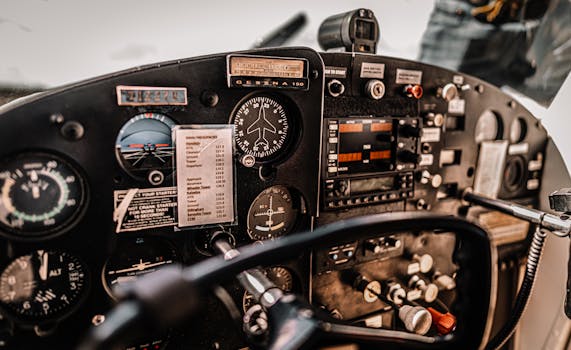The Future of Luxury Jets: Innovations and Trends to Watch
Takeaways: The luxury jet industry is on the brink of significant changes with advancements in technology, sustainability, and passenger experience. Key trends include the emergence of electric and hybrid aircraft, enhanced in-flight amenities, and a focus on eco-friendly designs, making private aviation more accessible and environmentally responsible.
Technological Advancements in Luxury Aviation
The luxury jet market is witnessing remarkable technological advancements that are set to redefine the private aviation experience. Manufacturers are investing heavily in research and development to incorporate cutting-edge technologies into their aircraft. One of the most exciting developments is the rise of electric and hybrid jets. Companies like Electric Aircraft Group are pioneering electric flight solutions, promising reduced carbon footprints and quieter operations.
Additionally, advancements in avionics, such as enhanced navigation systems and artificial intelligence, are improving flight safety and efficiency. The integration of smart technologies allows for real-time data analysis, enabling pilots to make informed decisions and optimize flight paths.
Moreover, the use of advanced materials, including carbon fiber and lightweight composites, is making jets more fuel-efficient and agile. These innovations not only enhance performance but also contribute to lower operating costs, making luxury aviation more appealing to a broader audience.
Sustainability in Luxury Jet Design

Companies like Boeing are at the forefront of this movement, working to create more sustainable fuel options that can be used in existing jet engines. These fuels are derived from renewable resources, such as agricultural waste and plant oils, and can reduce lifecycle emissions by up to 80%.
Additionally, luxury jet manufacturers are exploring alternative energy sources, including hydrogen-powered aircraft. The Airbus ZEROe initiative aims to develop the world’s first hydrogen-powered commercial aircraft, showcasing a commitment to a greener future in aviation.
Enhanced Passenger Experience
One of the primary focuses of luxury jet manufacturers is enhancing the passenger experience. The future of luxury aviation is not just about getting from point A to point B; it’s about creating an unforgettable journey. From spacious cabins that resemble luxury apartments to state-of-the-art entertainment systems, the emphasis is on comfort and enjoyment.
Innovative designs are incorporating features like customizable lighting, advanced climate control, and high-speed connectivity, allowing passengers to work or relax seamlessly during their flights. Companies such as Gulfstream Aerospace are leading the way with their G700 model, which offers the largest cabin in the business jet category and the latest in luxury amenities.
Furthermore, the integration of wellness features, such as air purification systems and noise reduction technologies, is becoming increasingly popular. These advancements not only enhance comfort but also contribute to the overall well-being of passengers during long-haul flights.
Market Trends and Future Predictions

Additionally, the rise of fractional ownership and jet-sharing programs is making luxury flying more accessible. Companies like JetBlue are introducing innovative models that allow more people to partake in private aviation without the hefty price tag of full ownership.
As technology continues to evolve and sustainability becomes a priority, the luxury jet industry is poised for a transformative future. With a focus on innovation, passenger experience, and environmental responsibility, the next generation of luxury jets will not only redefine air travel but also contribute to a more sustainable world.




